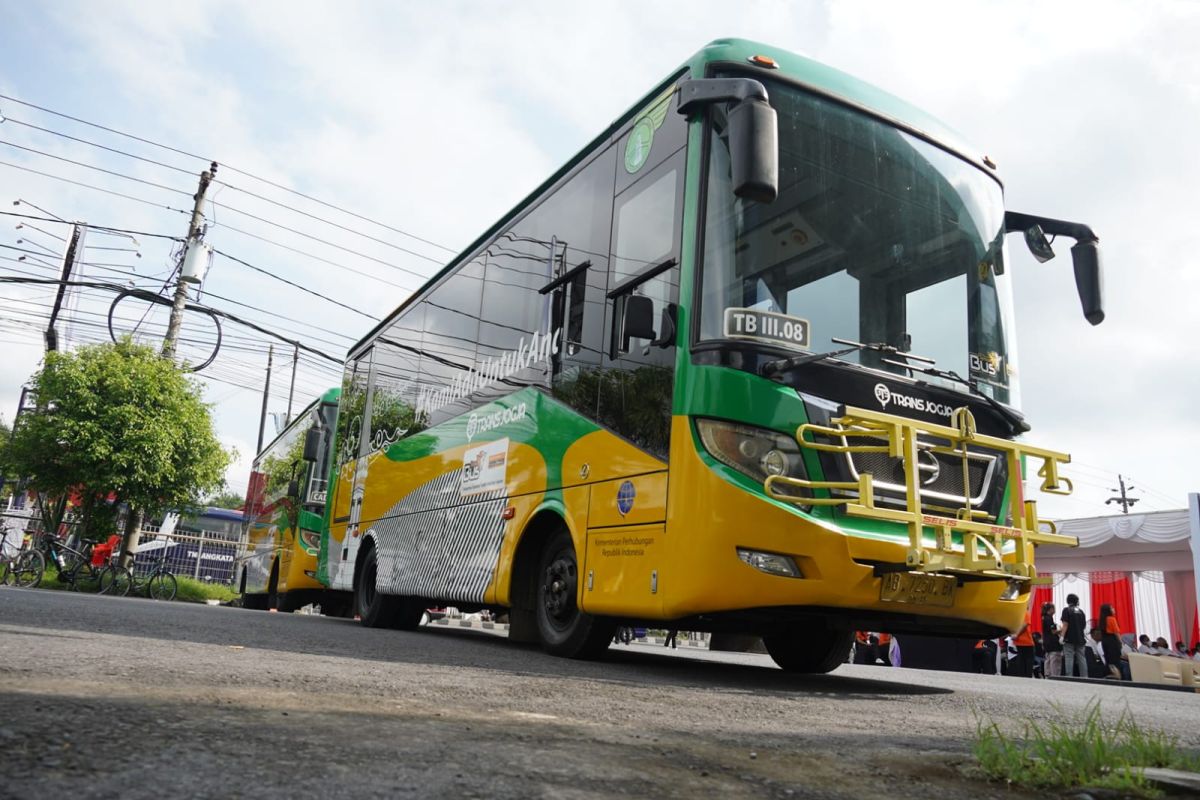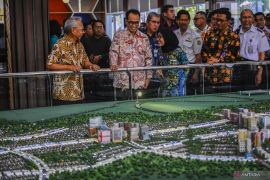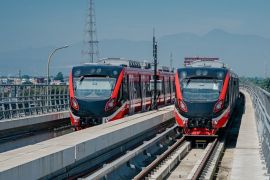"Each local government must build public transportation. Currently, only a few big cities have good transportation systems," Darmaningtyas told ANTARA here on Saturday.
The head of the Institute for Transportation Studies (Instran) called for the need to increase the number of regions with an adequate mass transportation system, as the figure was currently very minimal in order to reduce carbon emissions that caused global warming.
Darmaningtyas noted that apart from the industry, currently, the largest direct source of carbon emissions was the transportation sector, where the number of private vehicles continues to increase.
"The way to reduce emissions is to switch to using public transportation, cycling or walking. However, the government is obliged to provide supporting facilities," he stated.
In line with this, Darmaningtyas also encourages the role of education staff, especially teachers, to increase awareness of the importance of using public transportation.
According to the Instran head, teachers need to have awareness regarding reducing carbon emissions, so that they can provide good education to their students.
"Many teachers do not have knowledge related to global warming or awareness about the importance of reducing the use of fossil fuels even though it is very strategic to pass it on to the younger generation," he stated.
In the meantime, International CO2 Emission Reduction Day is celebrated every January 28.
The commemoration of International Reducing CO2 Emissions Day aims to increase public awareness of the dangers of CO2 or carbon dioxide emissions.
In this regard, Indonesia is committed to achieving net zero emissions or a maximum of zero carbon emissions by 2060.
Efforts made include increasing the use of new and renewable energy (EBT), reducing fossil energy, using electric vehicles in the transportation sector, increasing the use of electricity in households and industries, and utilizing Carbon Capture and Storage (CCS).
By reducing its carbon footprint, Indonesia is expected to achieve net zero emissions by 2060 or sooner.
Related news: ERP in Jakarta to reduce traffic congestion
Related news: Overloaded trucks increase risk of accidents in ferry transport: KNKT
Translator: Adimas Raditya Fahky P, Katriana
Editor: Rahmad Nasution
Copyright © ANTARA 2023












